KCB Group’s profit after tax performance was flat for the period ended December 31, 2017 against 2016, which the lender attributes to a robust loan book growth that offset the impact of lower interest rates
following the introduction of the law capping interest rates, a significant growth in fees and commissions resulting from increased usage of our digital channels.
The bank recording KSh 19.7 billion in after-tax profit compared to 2016’s Ksh 19.72 billion. Group CEO and MD Joshua Oigara said on Thursday that the lender grew market share while at the same time recorded gains from cost-reduction programmes and improved operational efficiency.
“The business maintained a strong capital position enabling continued on our core lending segments in Retail and Corporate banking, deliberate investments in key strategic themes that are focused on delivering top-notch customer service and leveraging on digital channels for delivery of financial solutions resulting in the sustained growth in shareholder value,” Mr Oigara told an investor briefing in Nairobi.
He said 2017 presented one of the most challenging years in the recent past as the macroeconomic environment deteriorated across East Africa, weighing down the financial sector. This negatively affected the performance of KCB’s subsidiaries outside Kenya, reducing their contribution to the Group’s bottom-line.
“We shrugged off quite a testing business environment across markets. The full effect of the law capping interest rate in Kenya marked by a slow business environment on account of the general election negatively hit businesses and the economy at large,” said KCB Group Chairman Ngeny Biwott.
“In South Sudan, hyper-inflation impacted on business but we remain optimistic that the political situation will take a turn for the better. Rwanda elections passed uneventfully, which was a positive indicator for business and investment in the region,” he added.
The Group’s total non-Interest income was up 2% to Ksh 23 billion as a result of growth in fees and commissions which grew by 16% to Ksh 14.7 billion. Net interest income improved 3% from Ksh 47 billion to Ksh 48.4 billion. This helped push up the Group’s total operating income to Ksh 71.4 billion, from Ksh 69.5 billion.
The continued growth of the non-interest income to KCB’s bottom-line, Mr Oigara said, has resulted from a continued investment in new technology-based financial solutions focused on enhancing the customer journey by providing convenient access to a host of products and services.
By December 2017, KCB had over 13 million mobile customers and had disbursed over Ksh 30 billion in loans through the platform. At least 57% of transactions are on mobile, 15% were handled through the Bank’s agents, 10% via the wide ATM network, 5% on various point of sale terminals while the balance was at the branch network.
A continued focus on cost-reduction programmes helped the Group slow down the yearly growth in operational expenses while improving on efficiency. Total expenses edged up 5% which was well below the inflation rate, to close at Ksh 42.3 billion, from Ksh 40.4 billion the previous year.
“In light of industry and market conditions, we are alive to the fact that we must run our business more efficiently and reduce costs to meet our longterm financial targets. That was one of our focus areas in 2017 as part of our transformation journey,” said Mr Oigara.
“We are positioned for further growth across our business portfolio through leveraging automation, partnerships, digitization to sustain growth with the aim of delivery of enhanced value to our shareholders and customers,” he added.
According to the financials, KCB balance sheet continued on an upward trajectory, expanding by 9% from Ksh 595.2 billion to Ksh 646.7 billion.
READ: Slap in the face for NMG boss as board reinstates sacked editor
The Group’s liquidity position stood at 29% during the period under review and was 900 basis points above the CBK’s statutory minimum requirement.
The Group’s core capital as a proportion of its total risk weighted assets was 490 basis points above the Central Bank of Kenya statutory minimum of 10.5% a further indicator that Group was on a firm capital footing. Overall the Group’s total capital as a proportion of its risk weighted assets stood at 16.6% against a regulatory target of 14.5%.
KCB said the Group’s future outlook remains positive based on strong capitalisation and expectations of an economic rebound this year in its key markets.
“We are looking forward to a robust 2018, our strategies and customer-centric product and services will form a firm foundation for generating greater shareholder value,” said Mr Oigara.

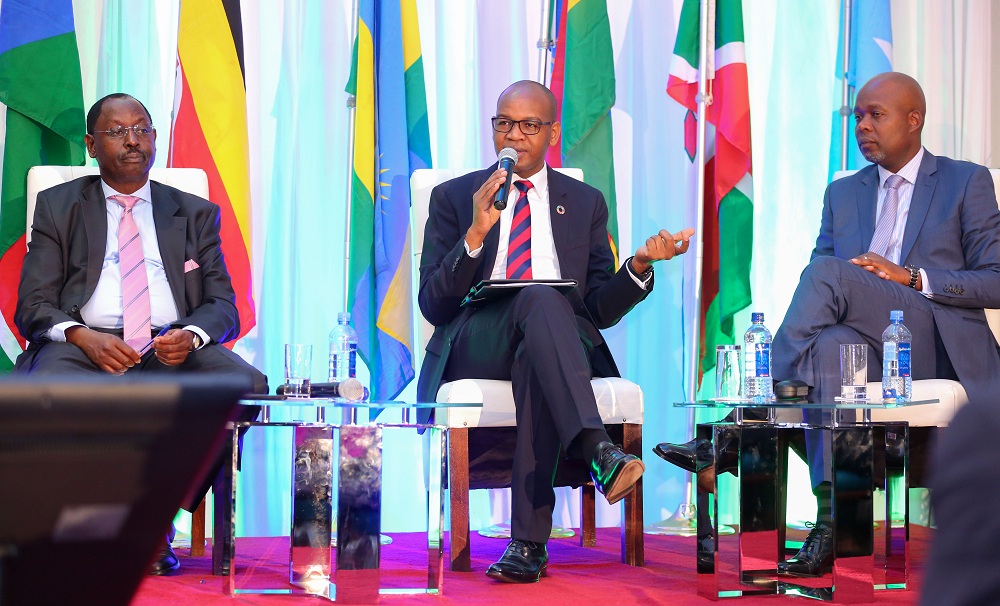
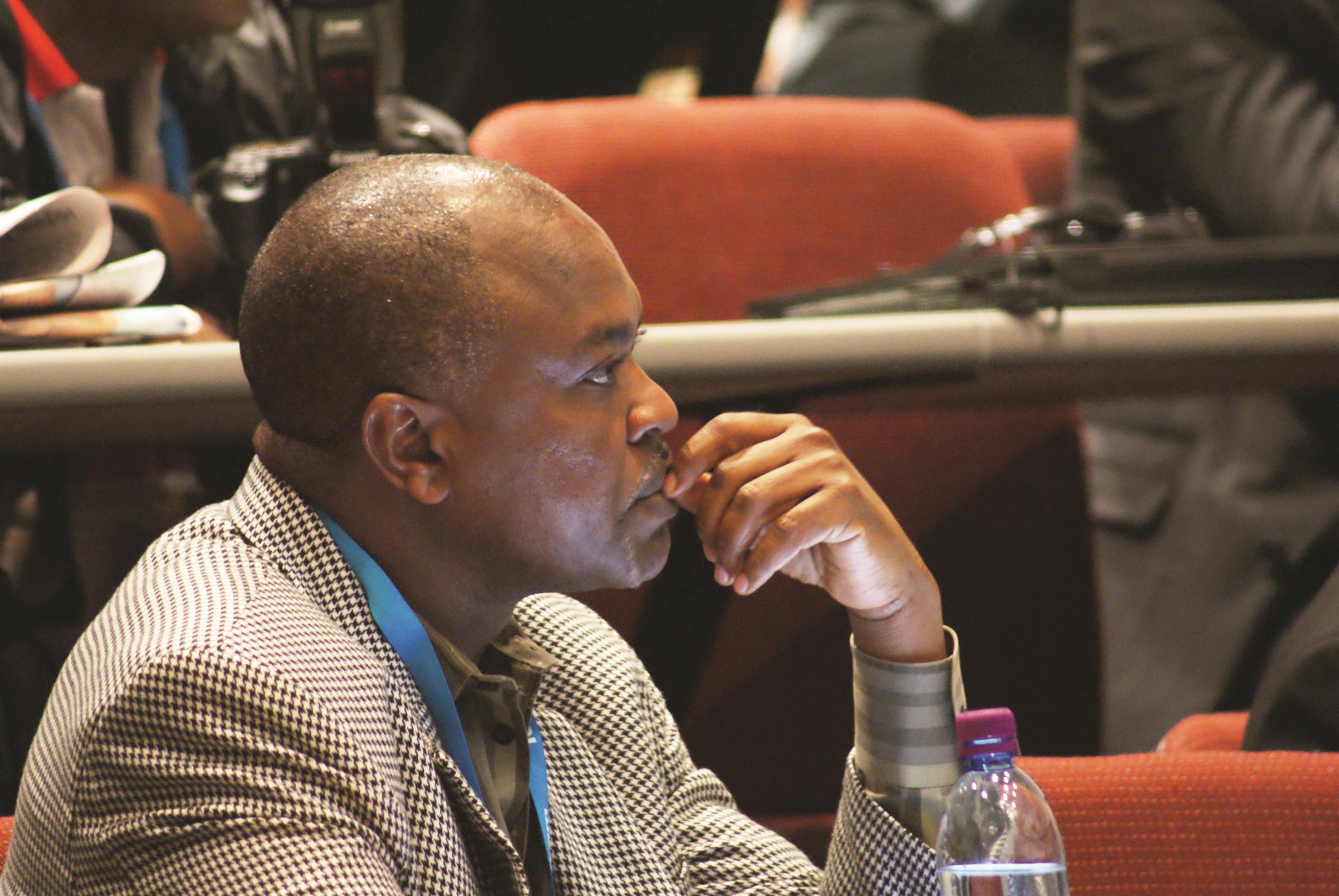





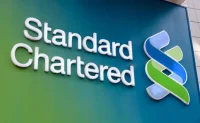

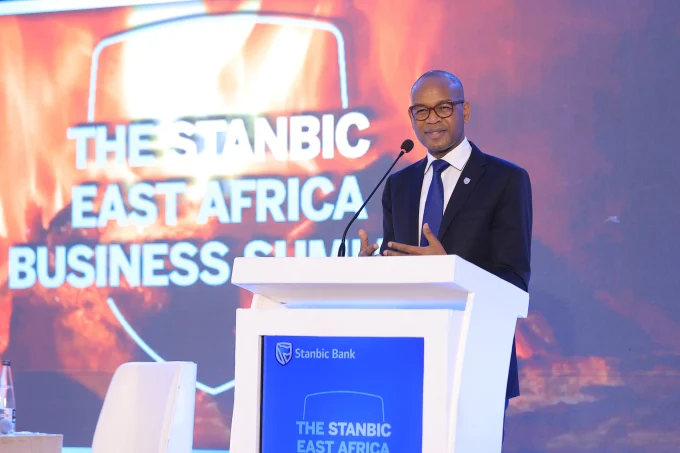
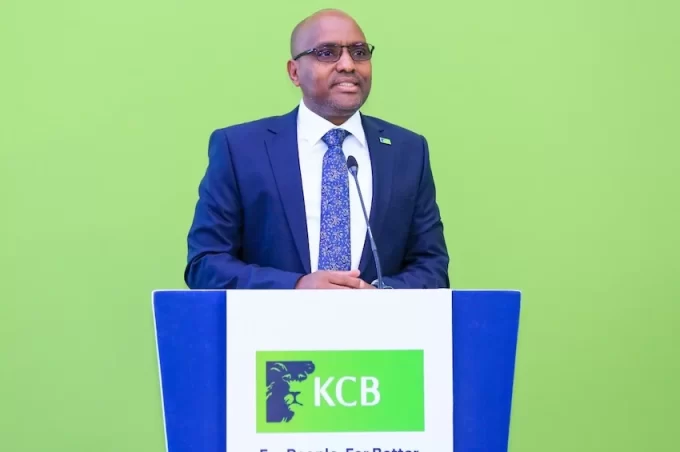
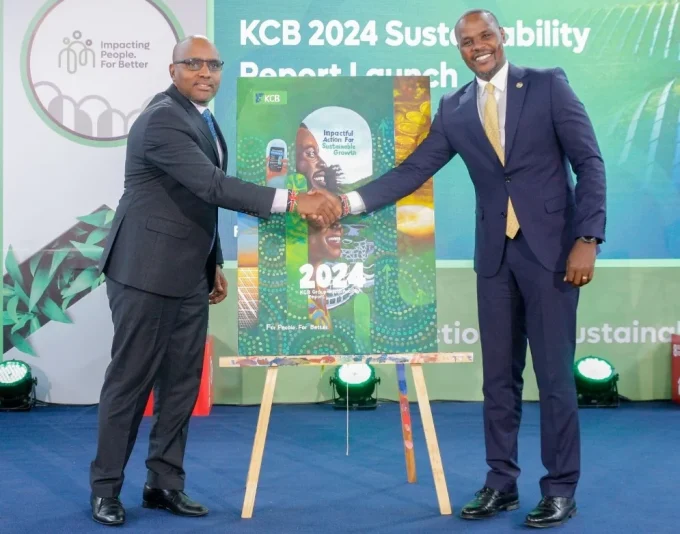
Leave a comment